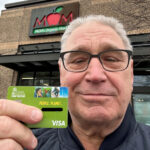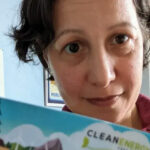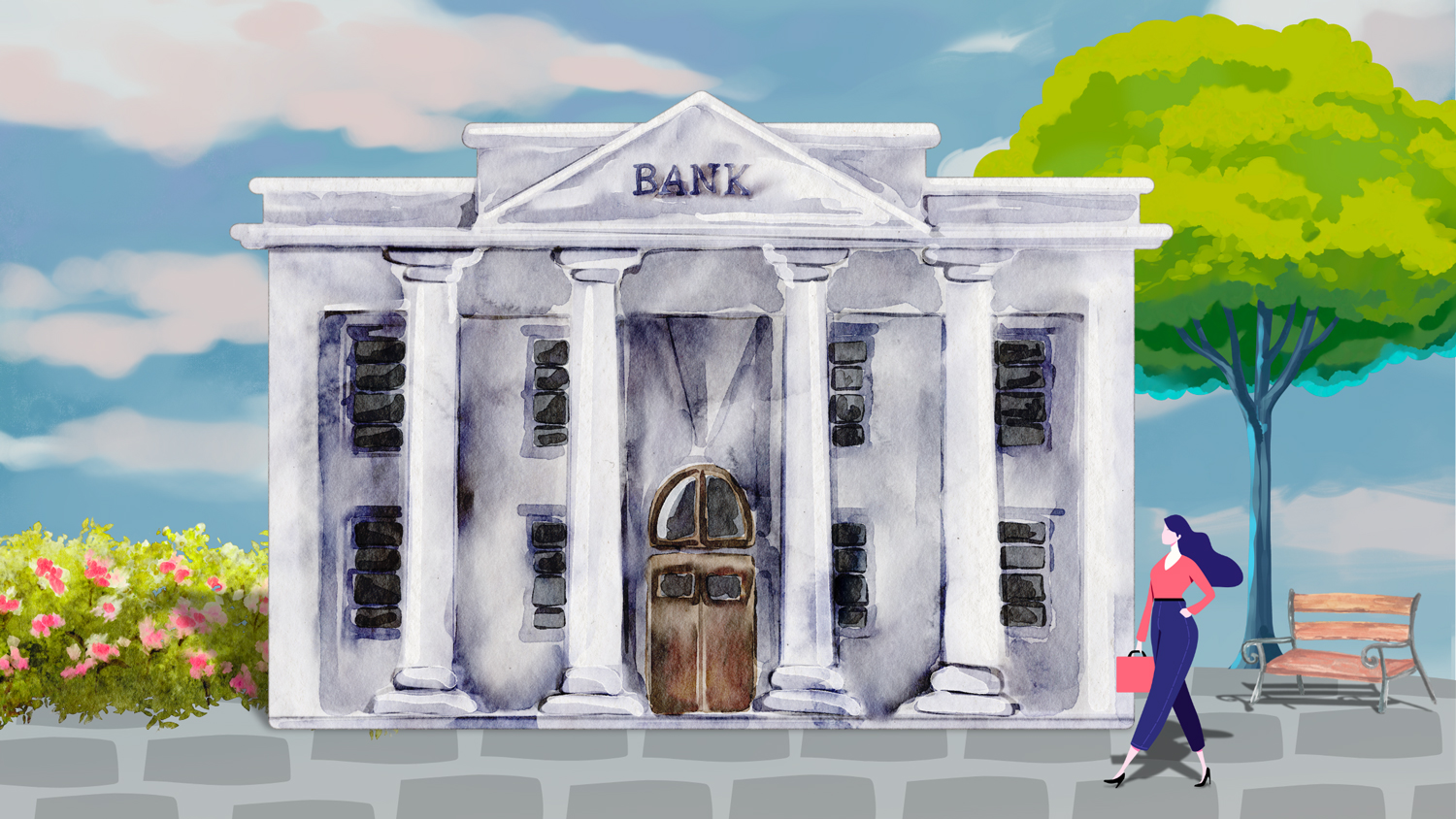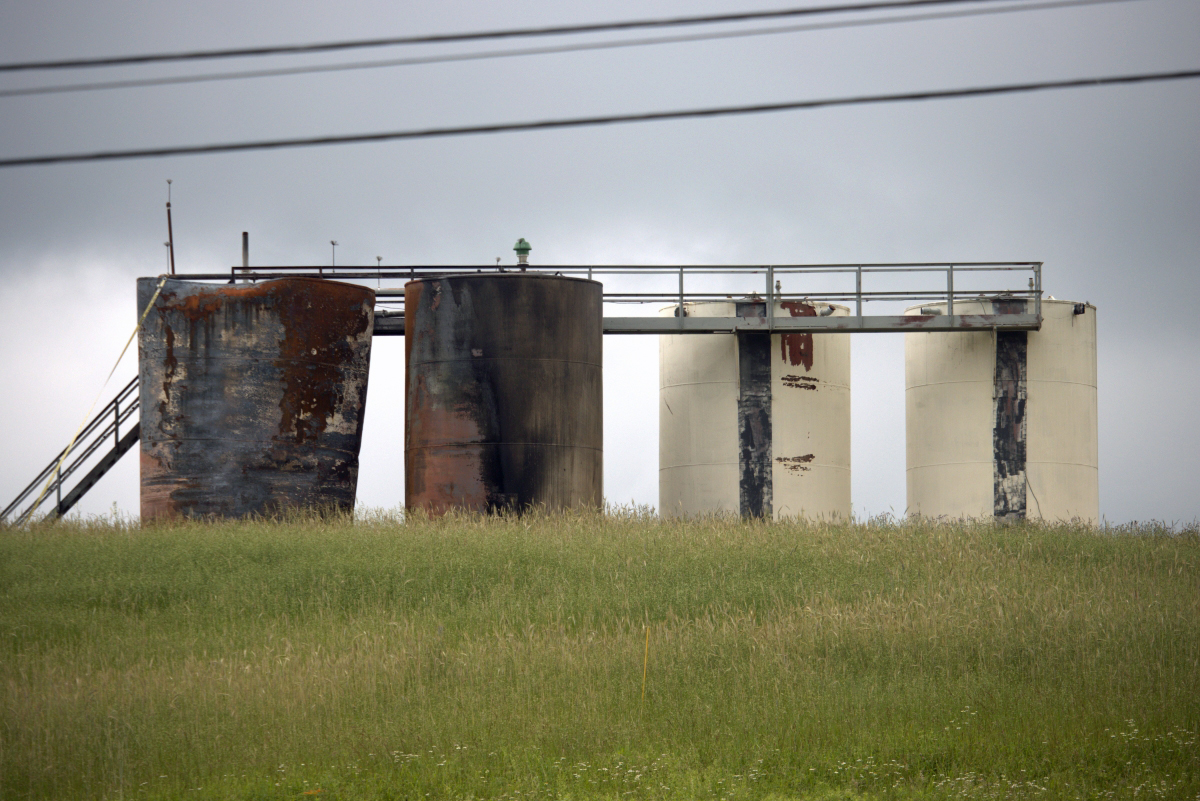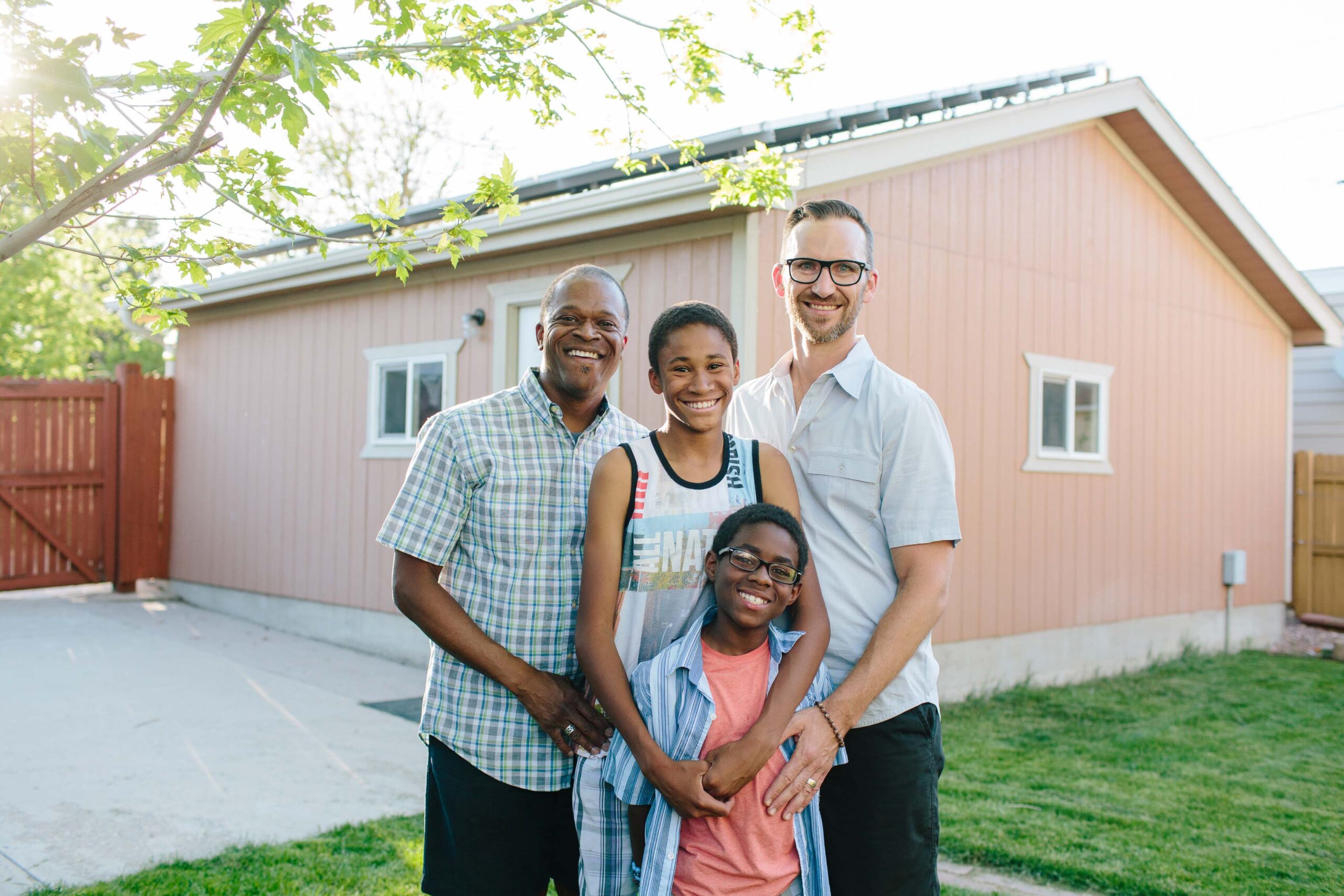
Aligning Your Money With Your Values

The Problem With Megabanks
Banking on climate chaos
The top nine US banks have plowed over $2 trillion into fossil fuel development since the Paris Agreement, financing methane gas plants, coal mining, fracking, liquid gas export, tar sands oil, and more.
Predatory lending
Megabanks lent billions in predatory subprime mortgages that their borrowers could not repay, leading to the housing market crash in 2008. Almost 10 million Americans lost their homes.
Harm to consumers
Consumers file thousands of complaints each year against megabanks over fraudulent practices, deceptive lending, and predatory fees. Regulators have fined these banks billions of dollars.
Destructive industries
Megabanks funnel billions of dollars to arms companies that sell cluster munitions and nuclear weapons, and to industrial livestock producers with egregious records on animal welfare and human rights.
Your Banking Has an Impact
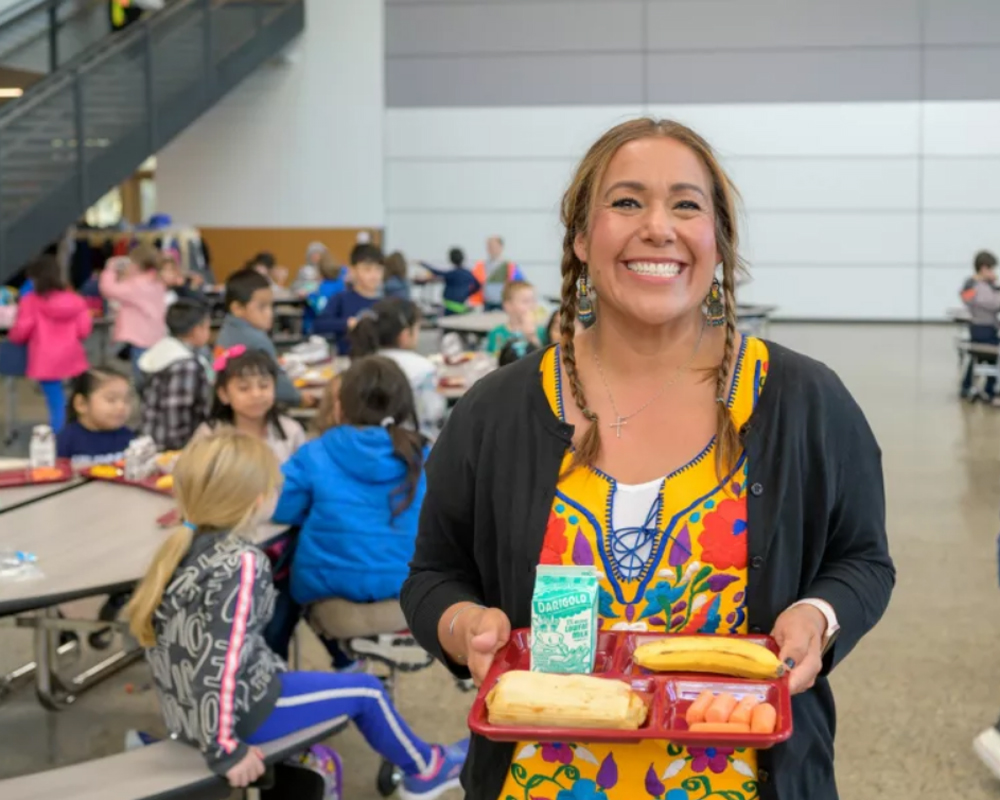
Supporting local entrepreneurs
Beneficial State Bank helped Lucy De Leon of Portland buy an affordable commercial kitchen space that enabled her to build two Mexican restaurants and provide tamales and enchiladas to schools throughout Oregon.
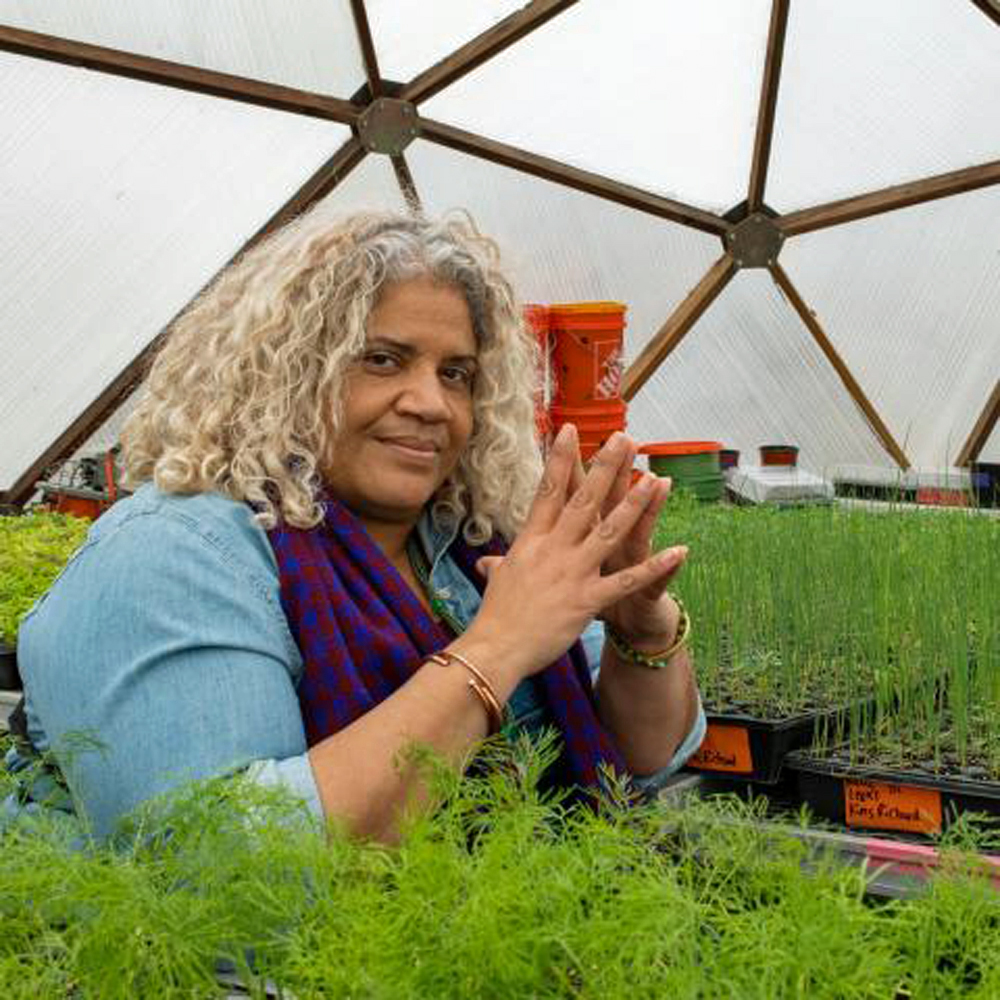
Serving community nonprofits
Self-Help Federal Credit Union helped Erika Allen’s nonprofit, Urban Growers Collective of Chicago, obtain a Paycheck Protection Program loan during the pandemic — then financed Erika’s first-time home mortgage, which she could not have gotten otherwise.
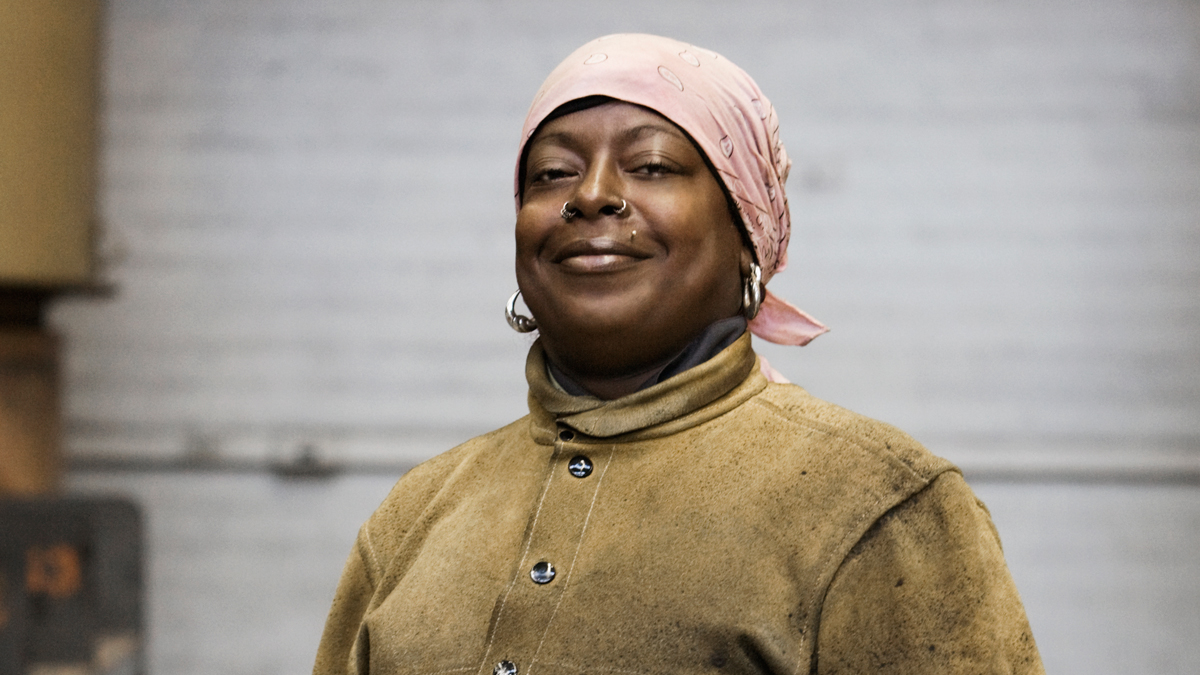
Standing with workers
Amalgamated Bank: Born to serve working class immigrant women rejected by other banks. That push for progress never stopped! Today, Amalgamated fights for fair labor. Its bankers come from labor and understand the unique banking needs of unions and members.
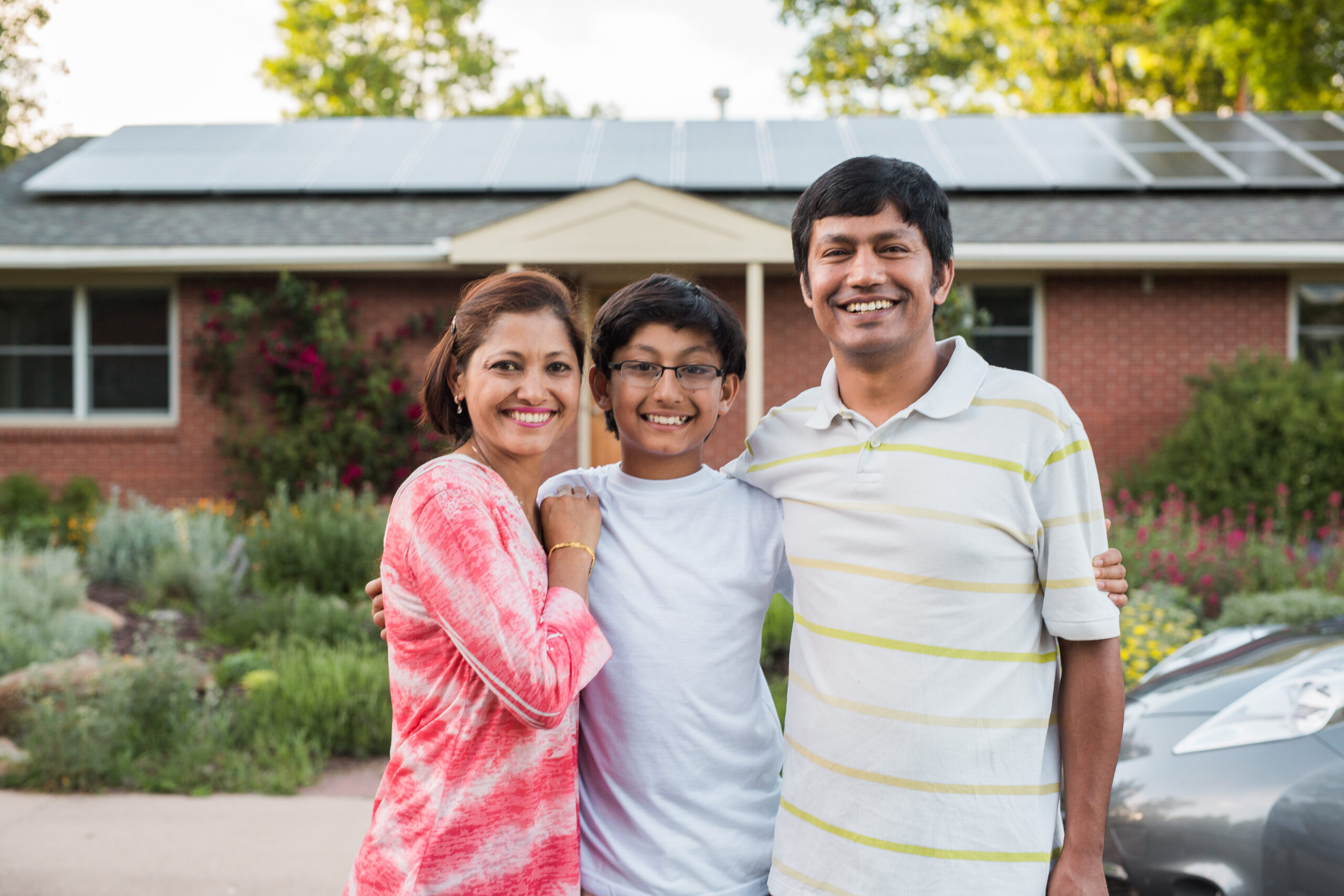
Financing renewable energy
Clean Energy Credit Union provides affordable loans for residential solar, electric vehicles, heat pumps, and other clean energy projects. Through over 13,000 loans, Clean Energy CU has offset over 1 million tons of carbon pollution.
Switching is easier than you think
Step 1 Choose a new bank or credit union.
Step 2 Open a new account.
Step 3 Make a list of automatic payments and withdrawals.
Step 4 Move your automatic deposits.
Step 5 Move your automatic withdrawals.
Step 6 Get copies of your old bank statements.
Step 7 Transfer remaining funds to your new account.
Step 8 Close your old account.
Step 9 Tell your megabank why you are leaving.
Step 10 Encourage organizations you are involved with to make the switch.
We switched banks for people and planet
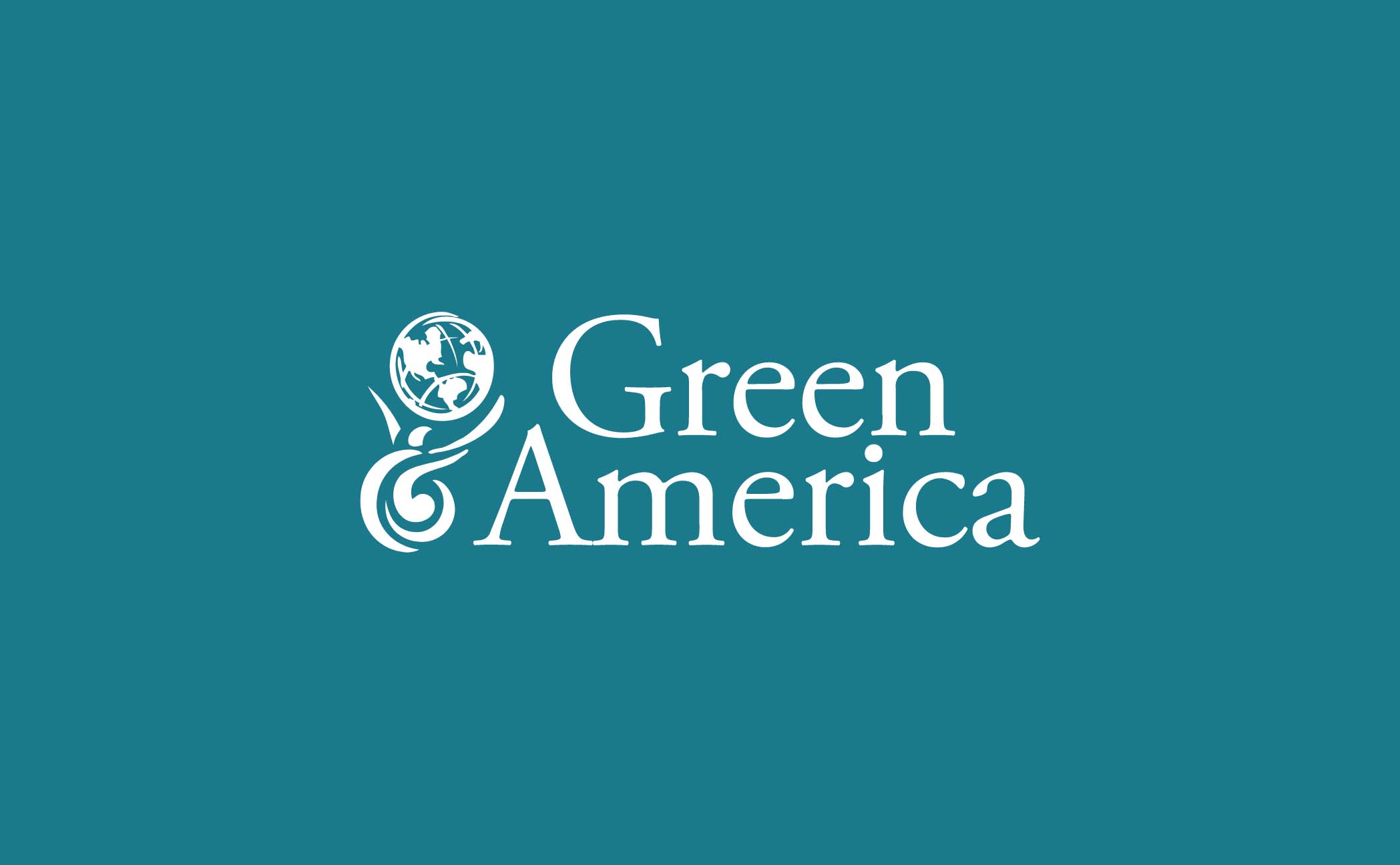
About Green America
Green America is the nation’s leading green economy organization. Founded in 1982, Green America provides the economic strategies, organizing power, and practical tools for businesses, investors, and consumers to solve today’s social and environmental problems.





